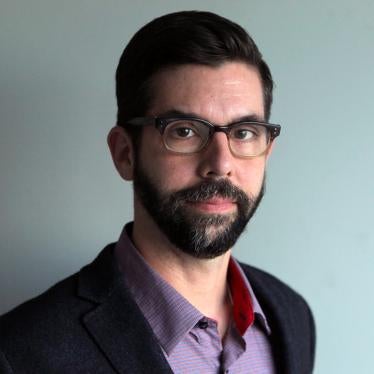It is one thing when allegations of mass atrocities emerge from remote corners of the world and take time to investigate, and quite another when they happen a few miles from a capital city. And when investigators from the United Nations are actually in that capital, tasked with looking at whether such atrocities have taken place.
A team of UN chemical weapons inspectors are reported to be staying in the Damascus Four Seasons Hotel – roughly 12 kilometers from Moadamiya, one of the towns affected by the horrific attacks yesterday that apparently killed hundreds of Syrians. Another site, Zamalka, is about 7 km away. A third, Ayn Tarma, lies closer still: it’s within walking distance of the hotel.
Yet, these investigators are not allowed to make the trip to determine whether this was a chemical weapons attack. President Bashar al-Assad’s government says it did no wrong – but it won’t let them take a look.
The UN Security Council met yesterday in emergency session to discuss the crisis and in the face of horrifying videos of civilians, even children, gasping for air after the attacks, the council’s tortuous statement was nothing short of shameful.
Washington, London and others demanded immediate access for the UN team, but Russia and China continued their callous defense of Assad’s atrocities. The Russian foreign ministry even suggested that Syrian opposition forces were to blame. If that’s so, it’s all the more reason why Syria should allow the inspectors to make the trip.
After credible allegations of a chemical weapons attack and desperate pleas for medical aid, the Security Council could only muster an unofficial expression of concern and a call on the Secretary-General to push for an investigation.
This cold-hearted response serves as a green light for parties to the conflict, who now see, if it was not obvious to them already, that mass killings will go unchecked. Others in the region and beyond will take note, too.
Reached by phone and Skype, local residents and doctors told Human Rights Watch about symptoms and delivery methods consistent with the use of chemical nerve agents during attacks by government forces. These symptoms included suffocation, muscle spasms and frothing at the mouth, which are consistent with nerve agent poisoning. Satellite imagery found no apparent chemical, electrical, or industrial facilities in the area which might have released toxins if struck by a conventional weapon.
We have yet to know for sure whether the areas near Damascus suffered a chemical attack. But even if chemical weapons were not used, people there need medicine and humanitarian aid now. The world needs a prompt and credible international investigation to determine what took place. If the walk from the Four Seasons is too long, then investigators should find another way.







